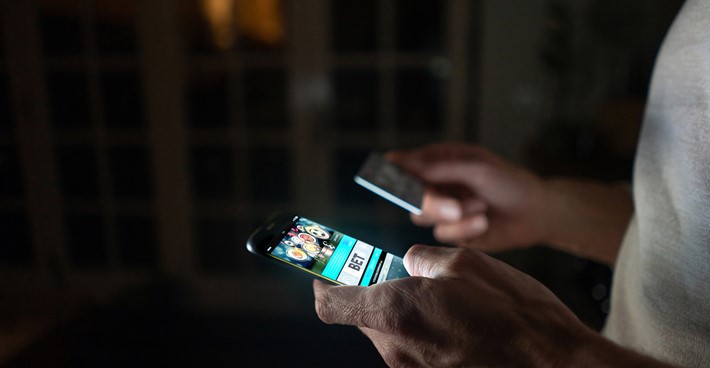
‘Gambling addiction is an awful addiction. And it harms so many people along the way.’ Dame Clare Gerada, president of the Royal College of GPs, who set up the Primary Care Gambling Service in 2019, adds: ‘As a relatively new kid on the block with gambling, what really surprises me is just how sick these people are.’
There is growing alarm in the medical profession about gambling. This year’s BMA annual representative meeting agreed to recognise the ‘large burden of morbidity and possibly mortality caused by harmful gambling’ and that regulation is ‘inadequate’.
Unlike dependencies on drugs and alcohol, gambling – for Dame Clare – is often ‘a secret addiction’. ‘For the vast majority of people, using scratch cards or playing the lottery, gambling isn’t a problem,’ she says.
‘But where it is a problem, it’s catastrophic.’
‘If I bet, I don’t have a compulsion to bet again to make up my losses. I walk away. Gamblers think if they’ve lost five times they must win the sixth, when their chances are the same. They don’t realise the basic statistics. They get into this abnormal thinking process, a bit like people with alcohol use disorder – who never think they’ve got a problem.
‘It’s comparable to alcohol dependency, but worse. A six-year-old isn’t allowed to buy alcohol, ever. If they’re tall enough, they can put money into a slot machine at a fair and pull the one-eyed bandit.
‘Someone with alcohol dependency becomes fairly obvious, but a gambler tucked away in their bedroom is well-hidden. It’s such a hidden problem – but treatment works.’
Problem gambling is often identified late. Andrew Molodynski, a consultant psychiatrist in Oxford and national mental health lead for the BMA consultants committee, says: ‘People tend to present for services because they’re having a crisis and it suddenly becomes apparent. They try and manage it for years, using credit cards or loans and all of a sudden it all falls apart.’